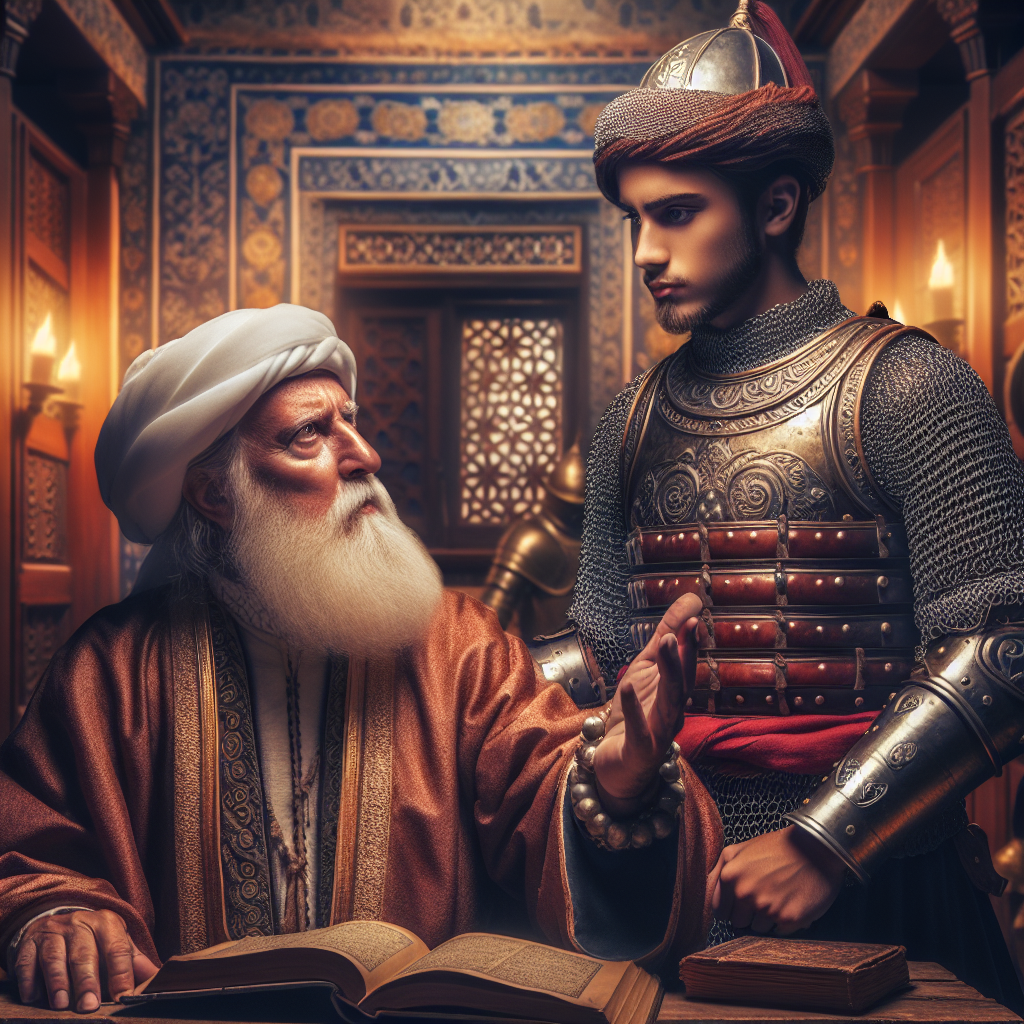Sultan Mehmed II, known for his monumental conquest of Constantinople, is regarded as one of the most powerful and influential Ottoman sultans. His legacy as a ruler who transformed the Ottoman Empire into a dominant world power continues to inspire historians and leaders today.
Birth and Early Childhood
Mehmed II was born in 1432 in Edirne, the capital of the Ottoman Empire. His early childhood took place in a politically charged atmosphere, as the empire was in a phase of expansion and consolidation under his father, Sultan Murad II. As a young prince, Mehmed was exposed to the intricacies of the royal court and the challenges his father faced in leadership.
Family Influence
Sultan Murad II played a pivotal role in shaping Mehmed’s early education and leadership qualities. Mehmed’s mother, Emine Hatun, also influenced him through her nurturing and the multicultural environment of the Ottoman court. From a young age, Mehmed learned valuable lessons from his father’s governance, especially during conflicts with neighboring Christian kingdoms and internal political struggles.
Educational Foundations
Mehmed II received a rigorous and comprehensive education, shaped by prominent scholars of his time. His tutors, including Molla Gürani and the mystic Sheikh Akşemseddin, were instrumental in molding his intellect and spiritual understanding. His studies focused on Islamic law, philosophy, and deep knowledge of the Quran, grounding him in both the religious and philosophical realms.
Multilingual Education
Mehmed II was fluent in several languages, including Turkish, Arabic, Persian, Greek, Latin, and Serbian. This multilingualism was a critical asset, allowing him to navigate the diverse cultures within the Ottoman Empire and to communicate effectively in foreign diplomacy. His study of political and historical texts from both European and Islamic traditions further broadened his worldview.
Military Training
From a young age, Mehmed II was trained in military strategies and techniques. His education included swordsmanship, archery, and leadership on the battlefield. Participating in smaller military campaigns during his youth prepared him for the larger conquests that would define his reign.
Philosophical and Cultural Influences
In addition to Islamic teachings, Mehmed II engaged deeply with Greek and Roman philosophy. He was particularly fascinated by the legacy of the Byzantine Empire, which influenced his later decisions, including the desire to capture Constantinople. His ambition was further fueled by Sheikh Akşemseddin, who encouraged his vision of expanding the Ottoman domain.
Early Leadership and Challenges
Mehmed II briefly ascended the throne at the young age of 12, when his father, Sultan Murad II, abdicated. Although his reign was short-lived due to political challenges and internal unrest, this early experience gave him crucial insights into the complexities of leadership. After his father’s return to power, Mehmed bided his time, preparing himself for his eventual, more mature rule.
Conclusion
Sultan Mehmed II’s childhood, education, and early experiences laid the foundation for his later achievements. His intellectual, military, and philosophical training were crucial in his successful conquest of Constantinople and his subsequent transformation of the Ottoman Empire into a dominant global power.
Sources










